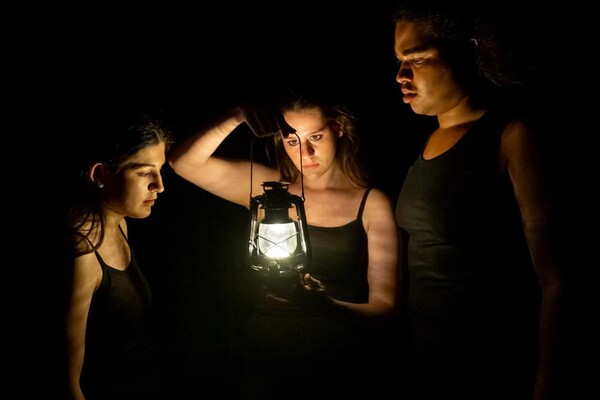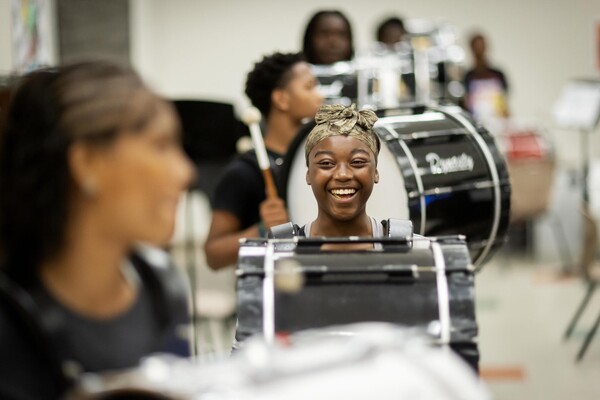
Image: Aditya Irawan/NurPhoto via AP Images
Diana Mutz, a professor at the University of Pennsylvania, has been selected to receive a 2017 Andrew Carnegie Fellowship from the Carnegie Corporation of New York.
Along with 34 others, Mutz, the Samuel A. Stouffer Professor of Political Science and Communication who holds dual-appointments in the Annenberg School for Communication and the Political Science Department in the School of Arts and Sciences, was chosen from nearly 200 nominations.
Now in its third year, the Andrew Carnegie Fellowship supports academic research in the social sciences and humanities, making it possible for recipients to devote time to addressing today’s issues.During her two-year fellowship, Mutz will explore the growing backlash against globalization and why increasing numbers of people are leaning toward isolationism, despite the world being more connected than ever. She plans to study the ways in which people process proximity and how an idea perceived as “near” or “far” may offer implications for a range of perspectives on foreign affairs.
“Physical distance is closely tied to psychological distance,” Mutz said. “Seeing things is inextricably intertwined in the human brain with being near them, so things that people can see with their own eyes tend to be processed as if they were close, whereas those that are out of view are processed as if distant.”
Mutz also noted that distance encouraged objectification of “the other,” decreased emotional responses and reduced one’s sense of moral obligation, suggesting that it’s easier for people to ignore or neglect things they perceive as being far away.
“I hope to better understand how media can convey issues tied to globalization in ways that do not fan the flames of nationalism,” she said, “but, instead, further understanding of global interconnectedness.”
At Annenberg since 2003, Mutz is an expert on public opinion, political psychology and mass political behavior, with an emphasis on political communication. She teaches courses on media and politics, political communication and experimental design. She is also the director of the Institute for the Study of Citizens and Politics at Penn.
Her project will culminate in a conference of journalists and academics hosted at Penn.
Jill DiSanto , Julie Sloane

Image: Aditya Irawan/NurPhoto via AP Images

nocred

Image: Michael Levine

A West Philadelphia High School student practices the drum as part of a July summer program in partnership with the Netter Center for Community Partnerships and nonprofit Musicopia.
nocred